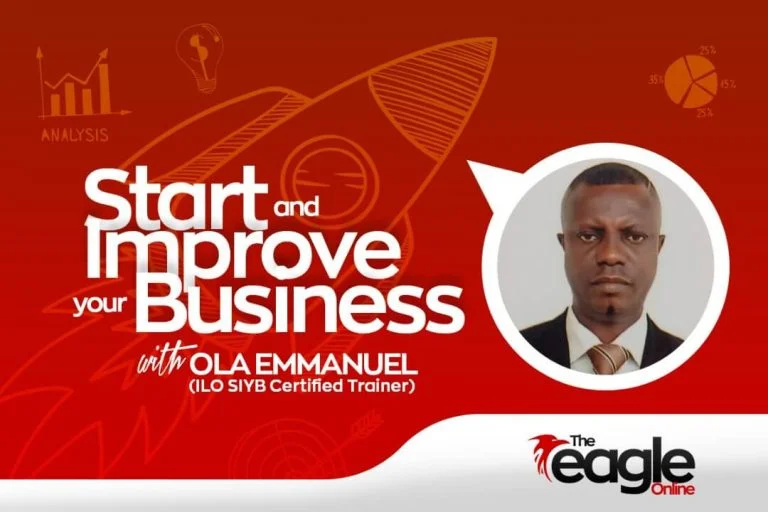In the piece, titled: “How The West and Its Allies Sabotaged Venezuela,” published by the venezuelanalysis.com and written by Val Reynoso, a journalist, he penned: “Washington makes the case that the US was helping to protect private sectors and the oil industry in Venezuela, as well as defend the Colombian government from the supposed terrorism of FARC, however, this is not the case for either nation. The Venezuelan government cannot be criticized without taking into account the role that the US, Organisation of American States (OAS), Saudi Arabia, Israel and Colombia have played in sabotaging the Venezuelan government and economy, then using corporate media to blame Venezuela’s problems on Chavismo. The issues that have had an impact on the Venezuelan economy are not caused by an alleged socialism, but relatively low oil prices and sabotage by violent right-winged opposition to Bolivarianism. In 2014, Saudi Arabia allied with the US and Israel to strategically flood the market with inexpensive oil – which resultantly drove the price of oil down from $110 to $28 per barrel, with the purpose of weakening opponents of said allied countries, whose economies are reliant on oil and natural gas exports.”
While contributing to the issue of clandestine hands’ remote of economies they choose to, a retired professor at Stanford Graduate School, John Roberts, declared that the CIA did everything it could to bring down the socialist government of Jamaica.
They helped overthrow the socialist government in Chile. They colluded with the British in the 1950s to bring down the government of Iran that has nationalised the oil industry. There are lots of other examples (Quora, What are some historical examples of the USA sabotaging economically a country in order to install more friendly governments?).
Sabotage manifests in different forms and formats. It may be deliberate destruction of property, slowing down of work with the intention to damage a business or economic system, or to weaken a government or a nation in a time of national emergency. It can be in the form of a slowdown of work, especially when a strike action is untenable. Also those in governance can sabotage a country through macroeconomic mismanagement, widespread failure of governance, political dysfunction, deliberately failing to develop and diversify the economy, and not investing adequately in the infrastructure for growth.

Also Read:
- Date set for new Alaafin’s coronation
- PSC clarifies powers over IG appointment
- Ogun slams six-month suspension on monarch assaulting man in viral video
- Court sentences killers of Ogun couple, son, to death by hanging
- Lagos to host E1 boat race fiesta as Sanwo-Olu meets former Chelsea striker, Didier Drogba
In addition to above and to further open the can of sabotage that is happening on different fronts in Nigeria – from herders’ flagrant trespass on farmlands, power infrastructure vandalism to energy sector’s fuel supplies unwholesome practices, the words of Professor Henry Simons of the University of Chicago is very germane here. He is of the opinion that economic giatism, and the unique power flowing from it has the capacity to pose the gravest threat to a democracy and competitive market society.
According to him, in an economy (even if highly developed) with an intricate division of labour and functional interdependence, every organised group is in a position at any time to disrupt or to stop the whole flow of social income. An economy, a system, will soon break down if groups persist in exercising that power or if they must continuously be bribed to forgo its disastrous exercise. Government, he continues, must not concede to any functional group the power, or the right, to withhold its contribution to an elaborative production process or to exact tribute by threat of such collective action. The most important means for protecting society from such economic sabotage is to guard against disproportionate economic size, including corporate giatism.
For 18 months now (since January 2023), Nigerians have been passing through a very difficult economic and financial hardship as a result of government’s actions and inactions. With the shout of ‘we are hungry’ all over the place, I got another angle of how bad things have gone in Nigeria when I saw two women collaborating to get some pepper for their families to eat. One contributed dried pepper while the other added onions for them to grind and share. In all these, there is no sign that respite is coming soon. The question that the federal and state governments must answer in clear terms is, is there a quick way out of the current rising costs of living or is it true that Nigerians and Nigeria have been left leaderless and rudderless for long? These questions we shall probe further.
To be continued.
. Emmanuel is a business planning consultant and founder of Leacent Incorporated Trustee, a network of entrepreneurs and a group of cooperatives. He works with a team of international consultants to conceptualise and plan agribusiness and housing projects. As a certified trainer authorised to use the International Labour Organisation’s enterprise development modules, he trains entrepreneurs and organises workshops and seminars for potential and practising entrepreneurs as well as business managers and cooperatives. He also speaks and facilitates at leadership and management workshops on invitation. His book, Business Planning Made Easy: Step by Step Guide On How To Turn Your Idea To Profitable Business’ is the latest of the books authored by him. Mobile: +234(0)9068602954 (call and sms), +234(0)8023257707 (WhatsApp only).


